Peeking Behind the Schedule: Understanding Outlook Calendar Entry and Privateness
Associated Articles: Peeking Behind the Schedule: Understanding Outlook Calendar Entry and Privateness
Introduction
On this auspicious event, we’re delighted to delve into the intriguing subject associated to Peeking Behind the Schedule: Understanding Outlook Calendar Entry and Privateness. Let’s weave fascinating info and supply contemporary views to the readers.
Desk of Content material
Peeking Behind the Schedule: Understanding Outlook Calendar Entry and Privateness
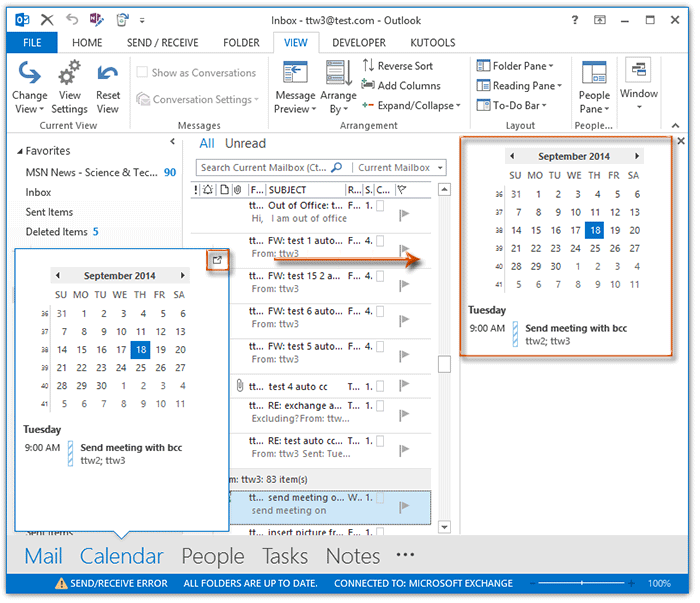
Microsoft Outlook stays a cornerstone {of professional} communication, and its calendar operate is integral to scheduling, collaboration, and managing time successfully. Nonetheless, the flexibility to see another person’s Outlook calendar raises essential questions on privateness, permissions, and office etiquette. This text delves into the intricacies of accessing Outlook calendars, exploring the varied strategies, permissions ranges, and concerns for sustaining each particular person privateness and collaborative effectivity.
Understanding Calendar Permissions in Outlook:
The muse of calendar entry in Outlook lies in its permission system. This method permits customers to granularly management who can see their calendar and what degree of element they will entry. The important thing permission ranges are:
-
Free/Busy: That is the most typical and least intrusive permission degree. It solely reveals whether or not an individual is busy, out of workplace, or accessible at particular instances. No particulars about appointments or conferences are disclosed. That is usually the default setting for shared calendars.
-
Availability: Just like Free/Busy, nevertheless it may present barely extra info, such because the length of a gathering with out revealing the topic or attendees.
-
Restricted Particulars: This degree reveals the topic of appointments and the length, however not the attendees. It affords a extra detailed view than Free/Busy however nonetheless protects the identities of assembly contributors.
-
Evaluation Time: This permission permits customers to view the calendar’s contents to assist with scheduling, usually utilized by assistants or directors.
-
Full Particulars: This supplies full entry to the calendar, together with all appointments, conferences, attendees, and every other particulars entered. This degree ought to solely be granted to people who completely require complete entry.
Strategies of Accessing One other Consumer’s Calendar:
There are a number of methods one may try and entry one other individual’s Outlook calendar:
-
Direct Sharing: Essentially the most official and managed technique includes the calendar proprietor explicitly granting entry. That is carried out by way of the Outlook interface, the place the proprietor can add particular people or teams and assign them a permission degree. This ensures transparency and management over who sees what info.
-
Delegation: This enables one person (usually an assistant or administrator) to handle one other person’s calendar on their behalf. The delegate can create, edit, and delete appointments, providing in depth management. That is sometimes utilized in skilled settings the place administrative help is critical.
-
Public Folders: Whereas much less frequent now, organizations may make the most of public folders to share calendar info. Nonetheless, the extent of entry is normally restricted, and privateness issues stay.
-
Unofficial Strategies: Trying to entry somebody’s calendar with out express permission is unethical and, in lots of circumstances, a violation of firm coverage and even the legislation. This may contain unauthorized entry to community shares, exploiting safety vulnerabilities, or utilizing third-party instruments designed for unauthorized entry. Such actions are strictly prohibited and might result in severe penalties.
Navigating the Moral and Authorized Panorama:
The moral implications of accessing somebody’s calendar with out their consent are important. It constitutes a breach of privateness and might injury belief inside a office. The authorized ramifications rely on the context, jurisdiction, and the particular actions taken. Unauthorized entry can result in disciplinary motion, authorized proceedings, and reputational injury. Firms usually have strict insurance policies concerning information privateness and unauthorized entry to worker info, which have to be adhered to.
Greatest Practices for Calendar Administration and Privateness:
-
Set Clear Permissions: Commonly evaluation and regulate calendar permissions to make sure solely licensed people have entry. Use the least permissive setting that meets the wants of collaboration.
-
Use Sturdy Passwords and Multi-Issue Authentication: Defending your Outlook account with sturdy passwords and multi-factor authentication prevents unauthorized entry to your calendar and different delicate info.
-
Educate Customers: Organizations ought to educate staff about calendar permissions, privateness finest practices, and the potential penalties of unauthorized entry.
-
Commonly Audit Entry: Directors ought to usually audit calendar permissions to establish any probably inappropriate entry ranges or uncommon exercise.
-
Perceive Your Group’s Insurance policies: Familiarize your self together with your firm’s insurance policies on information privateness, info safety, and acceptable use of firm sources.
-
Be Aware of Delicate Info: Keep away from together with delicate private or enterprise info in your calendar entries that you do not need others to see, even with restricted entry permissions.
-
Use Separate Calendars: For extremely delicate info, think about using separate calendars with restricted entry.
-
Take into account Calendar Apps with Enhanced Privateness Options: Discover various calendar purposes that provide sturdy privateness controls and options.
Outlook’s Function in Collaborative Workflows:
Regardless of the privateness concerns, Outlook calendars are important instruments for collaboration. The flexibility to share calendars effectively facilitates teamwork, scheduling conferences, and coordinating tasks. The bottom line is to stability the advantages of collaboration with the necessity to shield particular person privateness. Clear communication and the right use of permission settings are important for reaching this stability.
The Way forward for Calendar Privateness:
As expertise evolves, so too will the challenges surrounding calendar privateness. The growing integration of calendars with different purposes and companies raises new issues about information sharing and safety. It is essential for each people and organizations to remain knowledgeable in regards to the newest safety practices and privateness rules to mitigate potential dangers. The event of extra refined privateness controls and encryption methods can be important in addressing these challenges sooner or later.
Conclusion:
Accessing somebody’s Outlook calendar is a multifaceted situation that includes technical concerns, moral implications, and authorized ramifications. Whereas the flexibility to share calendars is important for efficient collaboration, it is essential to prioritize privateness and cling to established pointers. By understanding the varied permission ranges, using finest practices, and being aware of moral concerns, customers can leverage the ability of Outlook calendars whereas sustaining the confidentiality of their schedules and private info. In the end, accountable use and a transparent understanding of the implications are key to making sure each efficient collaboration and particular person privateness within the digital office.

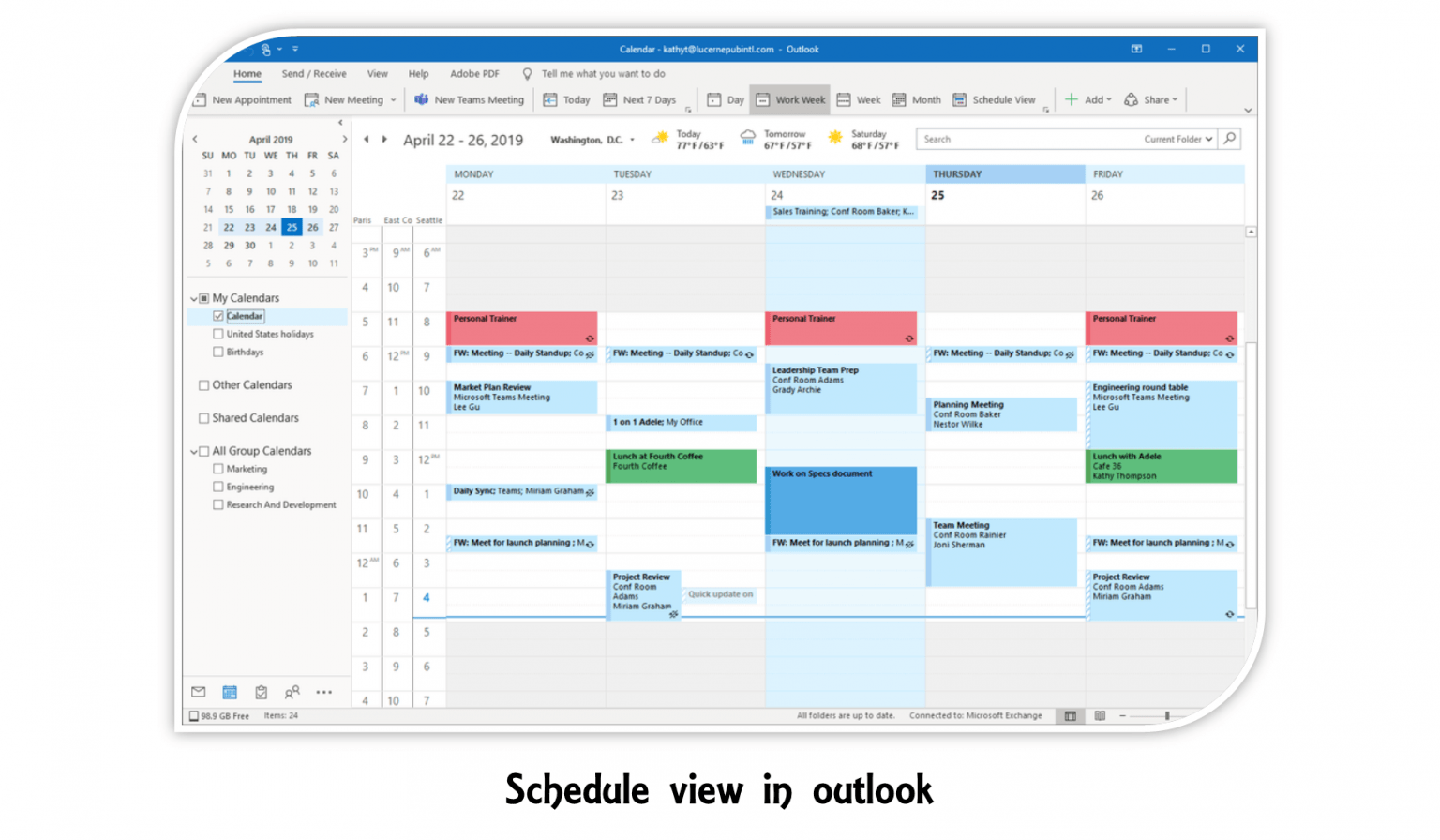
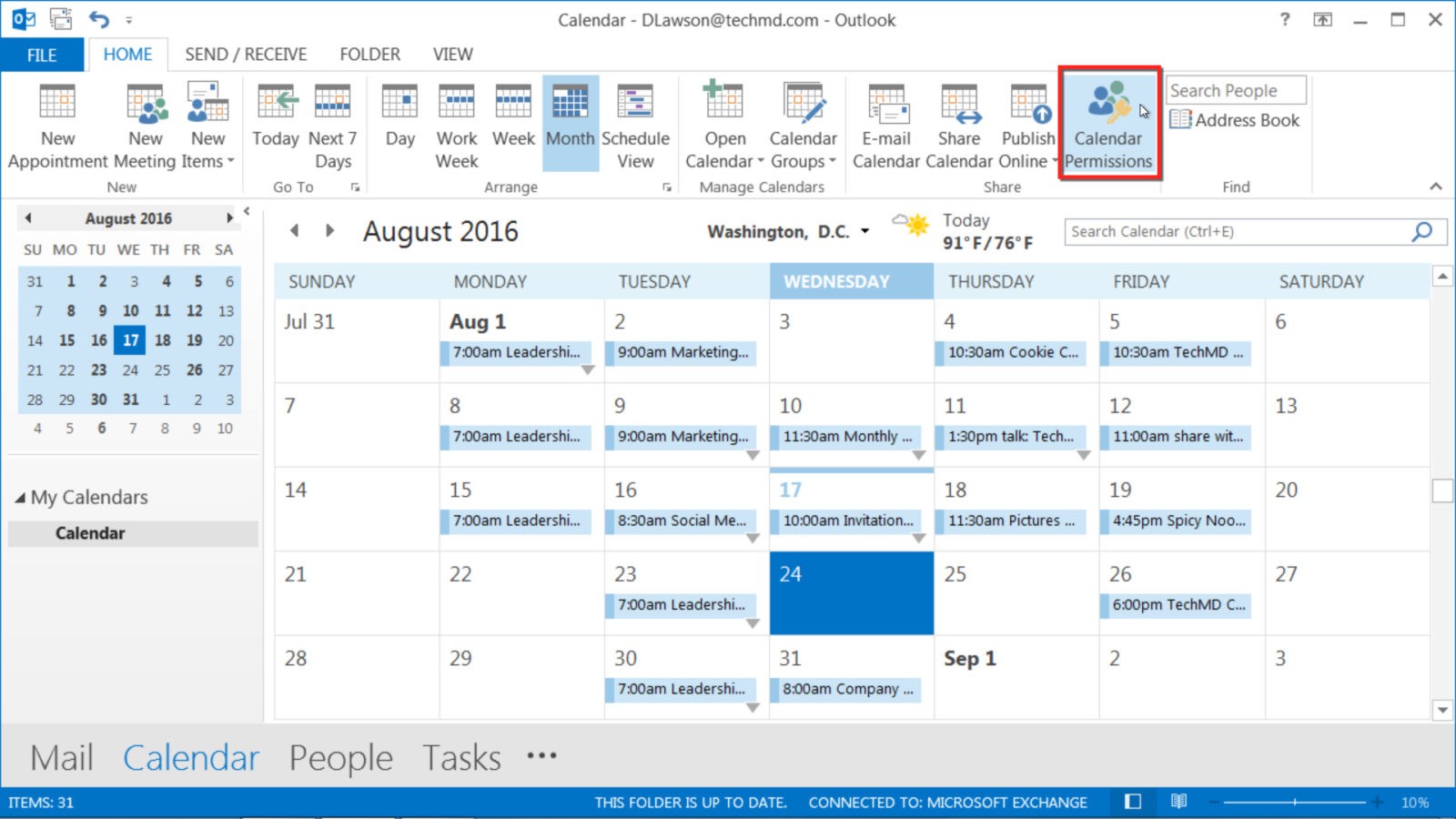
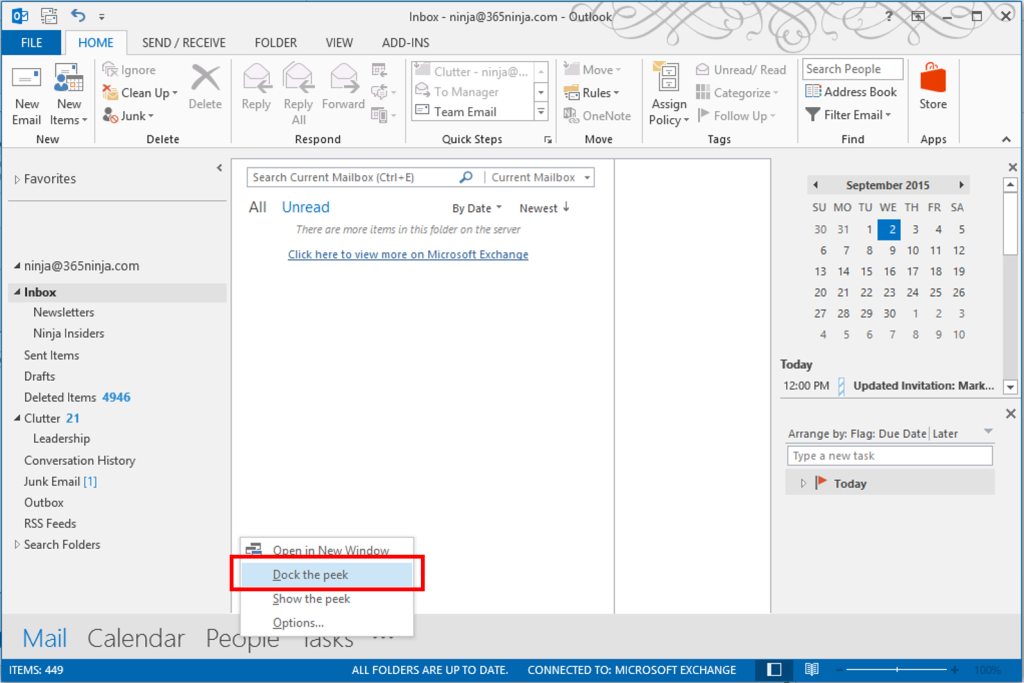



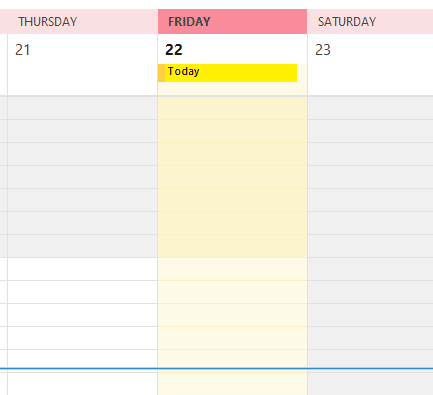
Closure
Thus, we hope this text has supplied worthwhile insights into Peeking Behind the Schedule: Understanding Outlook Calendar Entry and Privateness. We hope you discover this text informative and useful. See you in our subsequent article!